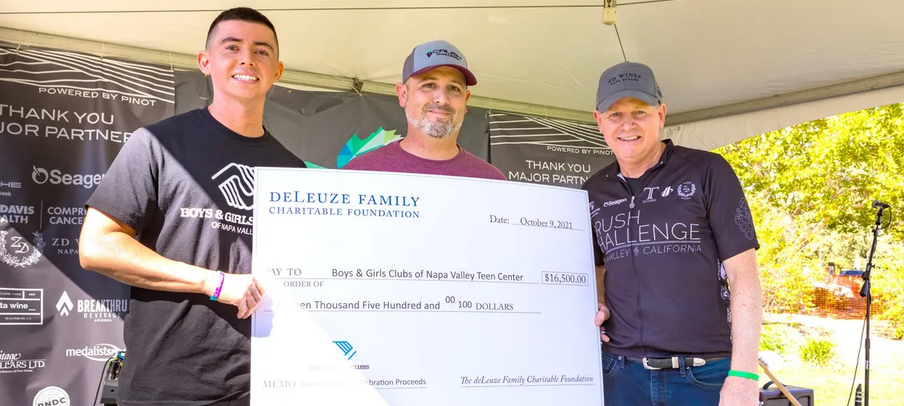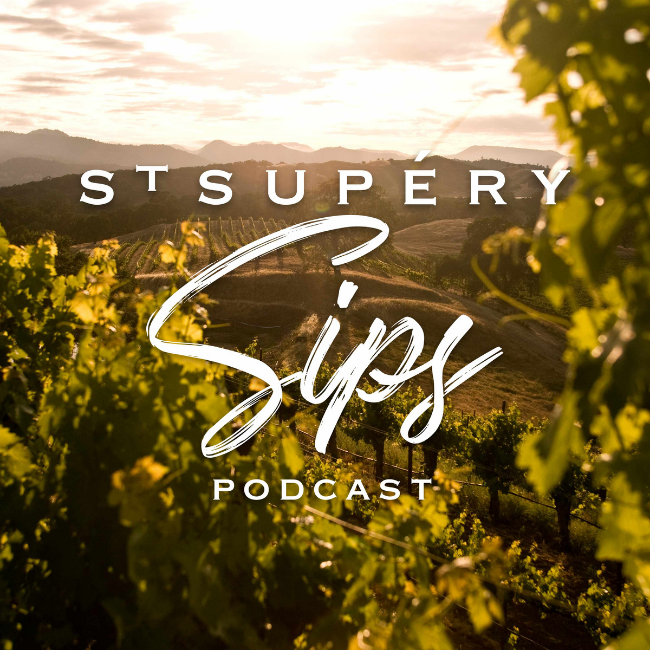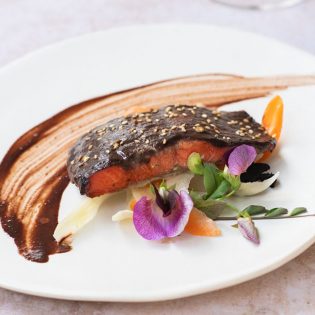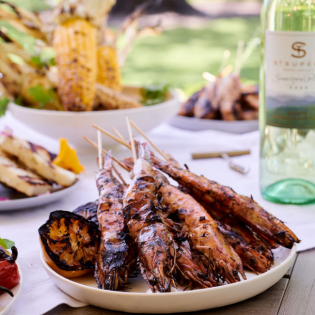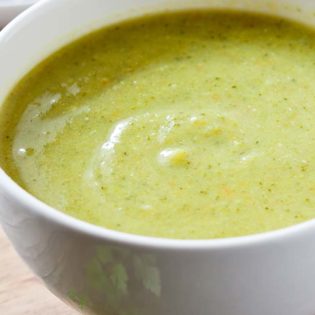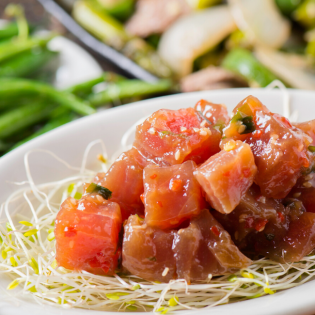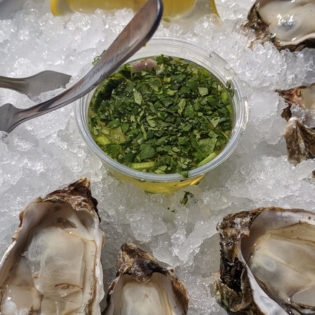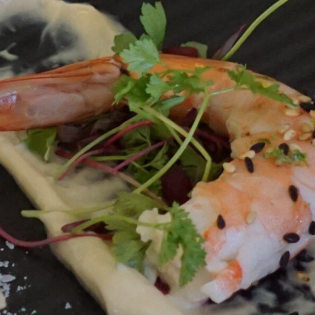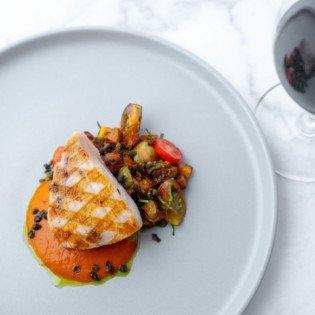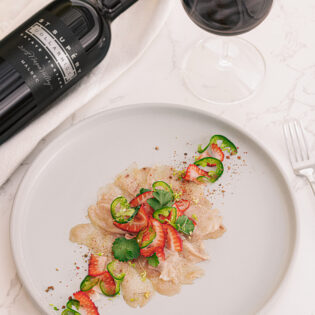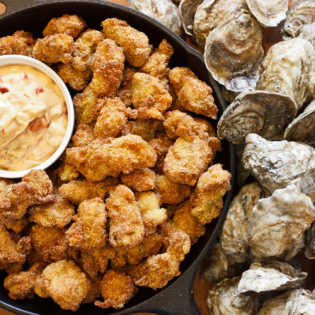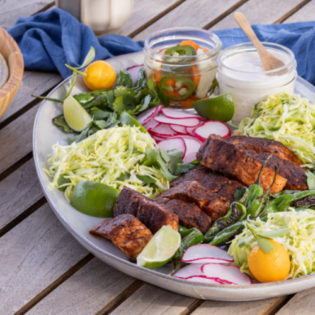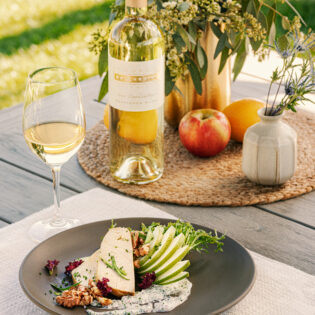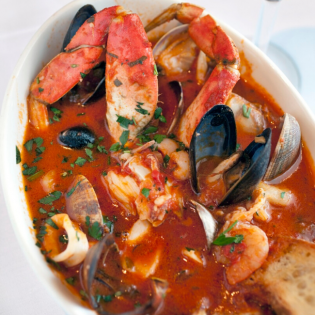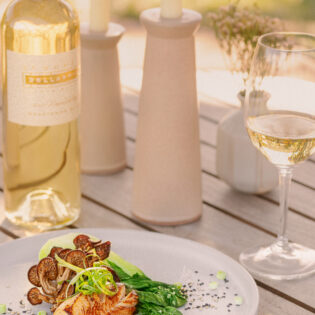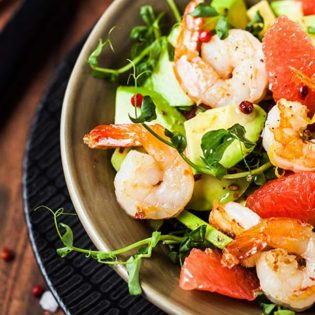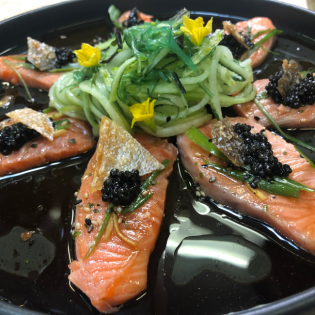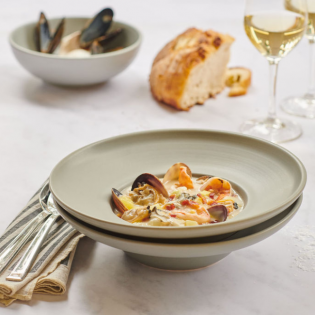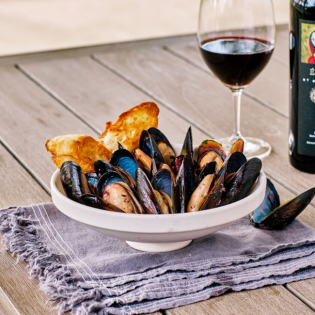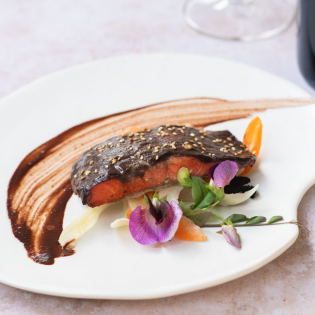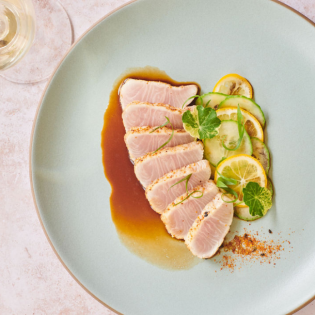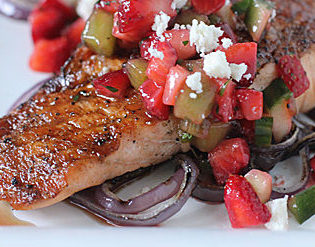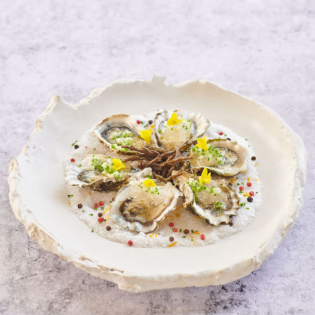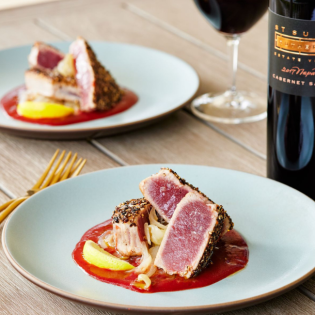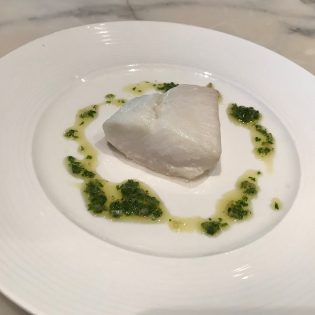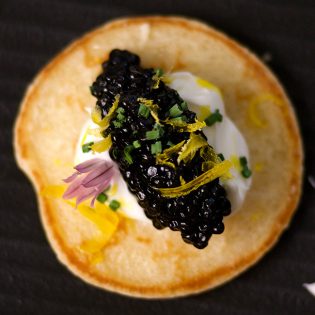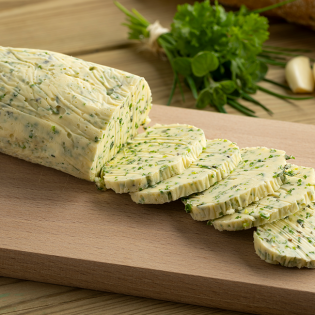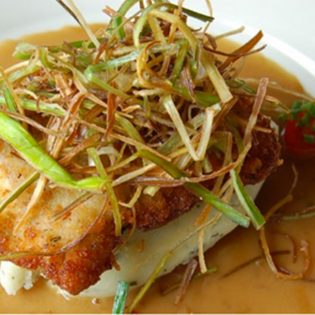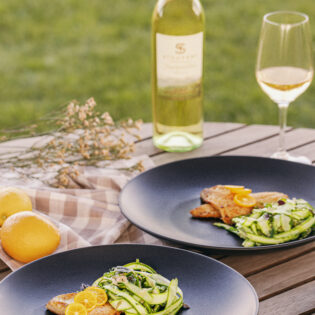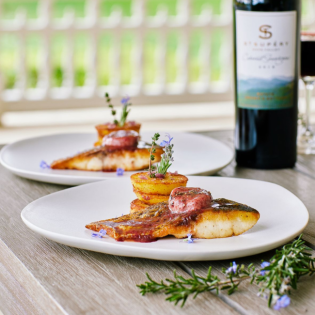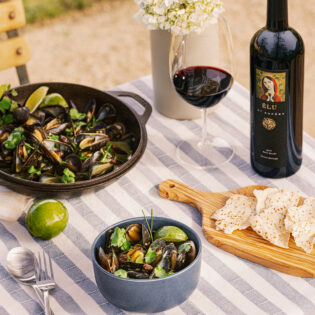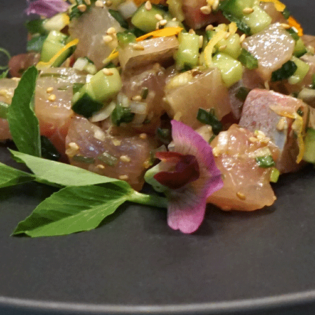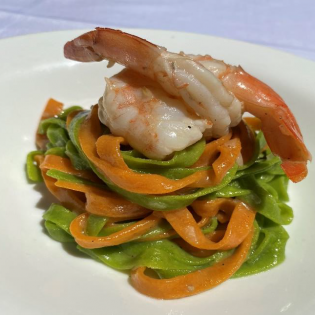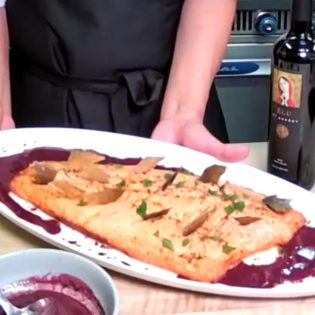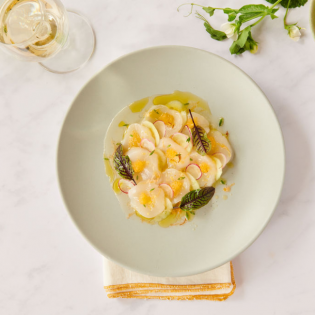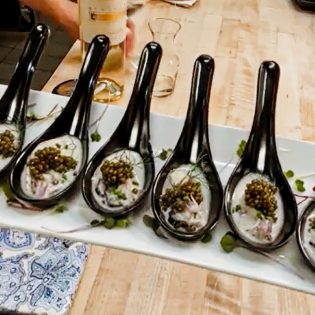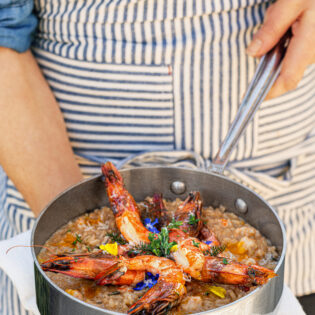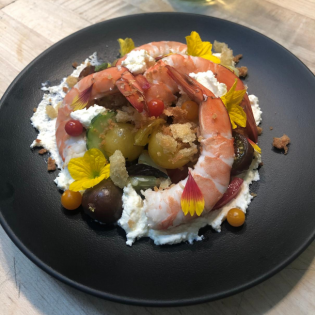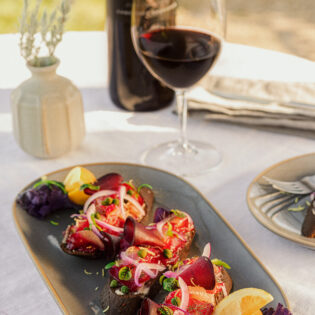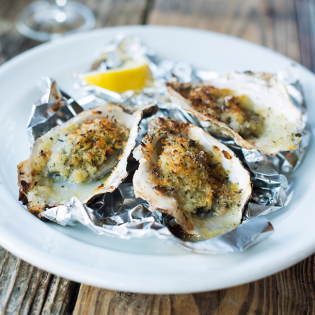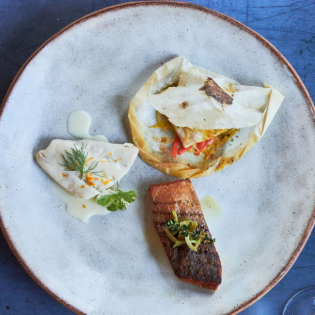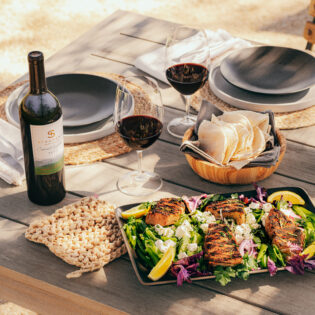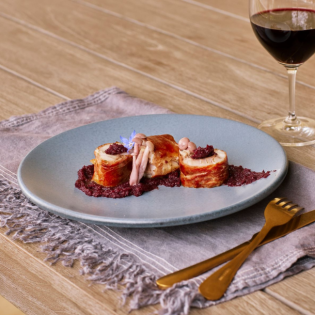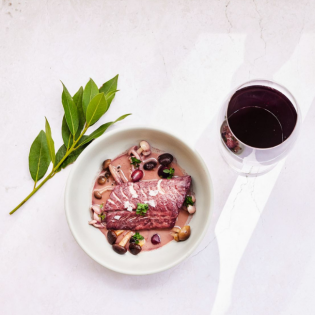Talking Sustainability With Beth Novak Milliken of Spottswoode Estate
Sustainability is an essential part of the company ethos at St. Supéry Estate Vineyards and Winery. For years, the winery has maintained Napa Green Winery and Napa Green Vineyard certifications, which are designed to protect the land and environment through practices like cover-cropping in the vineyards, generating energy through solar arrays, and water conservation.
In honor of “Down to Earth Month” in April, St. Supéry CEO Emma Swain invited another Napa Valley leader in sustainability, Beth Novak Milliken, president and CEO of Spottswoode Estate, to join her on the St. Supéry Sips podcast for a discussion about what distinguishes different eco-focused certifications, and the importance taking care of the environment and our communities.
Milliken joined her mother, Mary Novak, in the family winery business in 1987, bringing with her a passion for supporting environmental and social causes. Spottswoode is certified organic, biodynamic, Napa Green Vineyard and Napa Green Winery, and is a member of International Wineries for Climate Action as well as 1% for the Planet, donating 1% of Spottswoode’s gross revenues each year to nonprofits that support a healthier world.
Certification Differentiation
Spottswoode’s sustainability journey began in 1985, when winemaker Tony Soter recommended converting the vineyards to organic farming. Bit by bit, the winery added more certifications—each with a slightly different focus.
Among the most rigorous, Milliken said, is Napa Green, which measures how businesses operate—from energy generation and usage to water conservation. Napa Green Vineyard focuses on land and groundwater management, preserving forests, and taking care of vineyard employees.
Achieving Napa Green certifications is a time-consuming process, Swain noted, and is not as simple as some may think.
“When we first got our Napa Green Winery certification in 2012, it actually took us a really long time, because we thought we were doing a great job,” she said. “We were recycling all our water, we were composting all our wine waste. But what we found when we looked at the business is, we weren’t doing enough of the little stuff, and all that little stuff adds up.” That includes everything from light bulbs to lunch room composting to recycling in the winery office.
Organic and biodynamic certifications, on the other hand, focus specifically on vineyards. Organic farming is defined by using only natural inputs on the land, with no synthetic herbicides or pesticides allowed. Biodynamic farming focuses on building biodiversity in the vineyard, enhancing soil health and taking a holistic view of how vineyards fit into the larger ecosystem. This involves practices like planting or harvesting during certain phases of the moon, and making biodynamic “teas” to spray in the vineyards.
A newer practice that is gaining popularity among wineries is regenerative farming, which involves actively restoring soil quality, biodiversity, ecosystems and water quality.
“It’s not just about sustainability because we don’t want to sustain what we have, we need to improve what we have,” said Milliken, who is working toward regenerative organic certification at Spottswoode. “I think we all know that climate change is here. It’s very real, and we have a real opportunity to act and to do the right thing for our soils, for our land, for our air.”
While many wineries farm organically or use biodynamic practices, not all of them are willing or able to pursue certifications due to the time, effort and expense involved. However, both Milliken and Swain said they feel that getting certified adds legitimacy to their efforts.
“Certification is important because it’s an outside, third-party endorsement,” Milliken said. “It says that you’re actually committed to doing what you say that you’re doing, and you’re following through.”
Preserving Natural Resources
Another important aspect of sustainability, Milliken said, is protecting natural resources and maintaining the biodiversity of the surrounding area.
“The Earth is finite, Napa Valley is finite, Sonoma Valley is finite. There can only be so much,” she said. “We have a real moral obligation to not tear out more of our forests to plant vineyards. We need to live within our means, and that also has to do with our groundwater. We are in a significant drought, so we need to be really good stewards of these natural resources so that we can continue to grow the finest grapes and make the greatest wines here in Napa Valley.”
To help preserve Napa’s wild lands, Spottswoode donates 20% of the purchase price of its Mary’s Block Sauvignon Blanc to support the Land Trust of Napa County, which purchases and permanently protects land from ever being developed. Through its efforts, Napa County now has more protected land than vineyard acreage.
Forest conservation is crucial not just for biodiversity, Swain said, but because trees sequester carbon. This has become even more important in Napa Valley during the last few years with the loss of forests due to wildfires.
“It’s hotter and drier here than it was,” Milliken said. “It’s windier, and that dries out our soils as well. We’re going to have this danger of fires and we’re going to have to learn how to get them put them out more quickly before they turn into the big conflagrations. Nature can come back if we if we give her a chance, so let’s just hope we can do that.”
People Over Profit
Running a sustainable wine business also involves taking care of company employees and the community—not just shareholders. Businesses need to examine whether they are operating ethically, Milliken said. “It’s not just about profit.”
Fortunately, Swain pointed out, 95% of wineries in the Napa Valley are family owned, so those business owners understand the importance of investing in the wellbeing of their workers and taking care of the land for future generations.
“From a personal standpoint here at Spottswoode, I’m second generation,” Milliken said. “My ambition is to carry this forward to the third generation and beyond, to build something that is strong enough to carry forward.”
# # #





